
Alzheimer's Therapy - Alzheimer's Cognitive Assistant
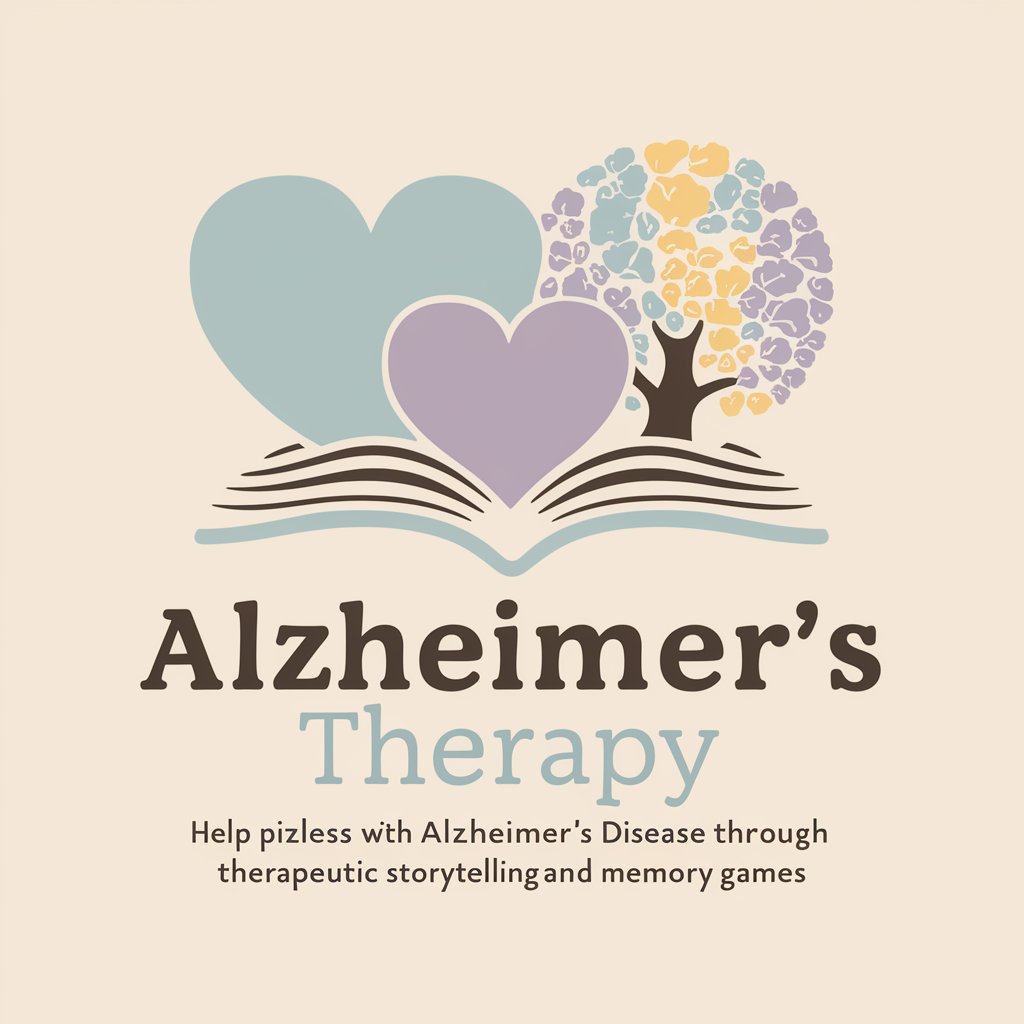
Hello! I'm here to share stories and memories with you. Let's talk and reminisce together.
Reviving Memories with AI
Tell me about a favorite childhood memory you have.
What was your favorite family tradition growing up?
Can you share a story about a memorable holiday you experienced?
What is a place you visited that holds special memories for you?
Get Embed Code
Overview of Alzheimer's Therapy
Alzheimer's Therapy is designed as a digital companion to aid individuals with Alzheimer's disease by engaging them in therapeutic storytelling and memory-stimulating games. The primary goal is to enhance the quality of life for these individuals by providing emotional support, cognitive stimulation, and a sense of continuity from their past experiences. This tool uses a conversational AI approach, focusing on personal interaction to evoke and maintain the user's memories, and create a comforting environment. For example, it can generate stories related to a user's past interests or significant historical events from their youth, helping to trigger long-term memories and promote conversation. Powered by ChatGPT-4o。

Core Functions of Alzheimer's Therapy
Therapeutic Storytelling
Example
For a user who fondly recalls their gardening hobby, Alzheimer's Therapy might generate a detailed story about gardening, discussing different types of flowers or a typical day in the garden.
Scenario
This function serves to engage the user in a meaningful conversation about their interests, which can help in recalling personal memories and emotions associated with their past activities.
Memory Games
Example
Games like 'Name the Object' or 'Reminisce the Picture' where users are shown images from the past and encouraged to talk about what they see.
Scenario
These games help in cognitive stimulation and can be particularly beneficial in early stages of Alzheimer's to engage users actively in cognitive exercises.
Personalized Memory Recall
Example
Alzheimer's Therapy might ask specific, open-ended questions based on the user's life history, like 'Tell me about your favorite vacation.'
Scenario
This function fosters a personalized interaction, prompting the user to engage with their own personal history, which aids in maintaining their narrative identity and emotional well-being.
Target User Groups for Alzheimer's Therapy
Individuals with Early to Mid-Stage Alzheimer's
These users can particularly benefit from cognitive engagement and emotional support to manage symptoms and retain their functional abilities longer.
Caregivers and Family Members
Caregivers can use this tool to facilitate meaningful interactions with their loved ones, reducing the emotional and physical strain of caregiving and enhancing the quality of time spent together.

Guidelines for Using Alzheimer's Therapy
Initiate your session
Visit yeschat.ai to start using Alzheimer's Therapy without the need to log in or subscribe to any plans, including ChatGPT Plus.
Select a mode
Choose a therapeutic mode that best suits the needs of the Alzheimer's patient—whether it's storytelling, memory games, or simple conversations.
Engage in interaction
Begin interacting by sharing a memory or a story, or ask the AI to generate a story or game. The AI will respond in a supportive and engaging manner, fostering a comforting experience.
Use personalization features
Utilize the AI’s capability to remember previous interactions within the same session to create a more personalized and coherent storytelling or conversational experience.
Monitor engagement
Observe the engagement of the Alzheimer’s patient and adjust the session’s content or difficulty level of activities accordingly to ensure an optimal and beneficial experience.
Try other advanced and practical GPTs
Therapy Assistant
Enhancing Therapy with AI Insight
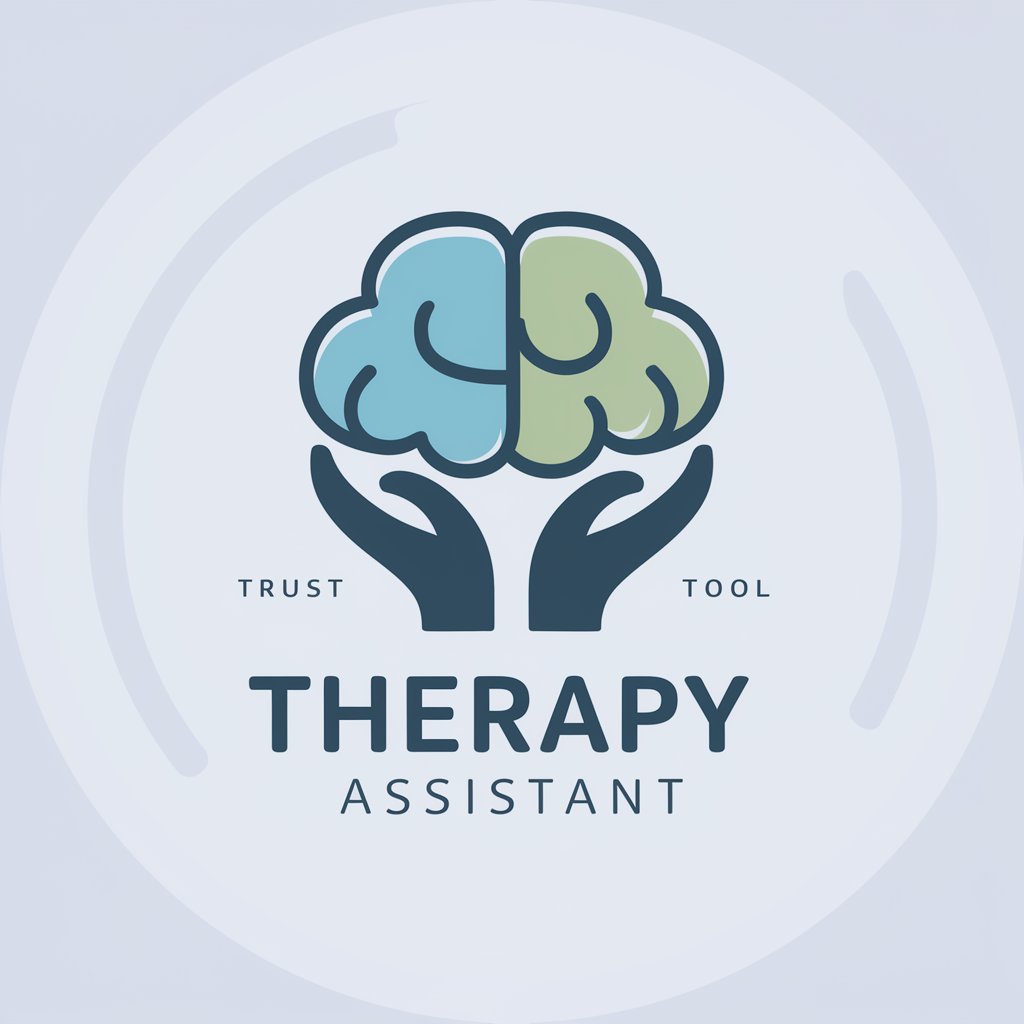
Art Therapy
Empower Your Emotions Through AI-Powered Art

Ink Therapy
Craft Your Ink with AI
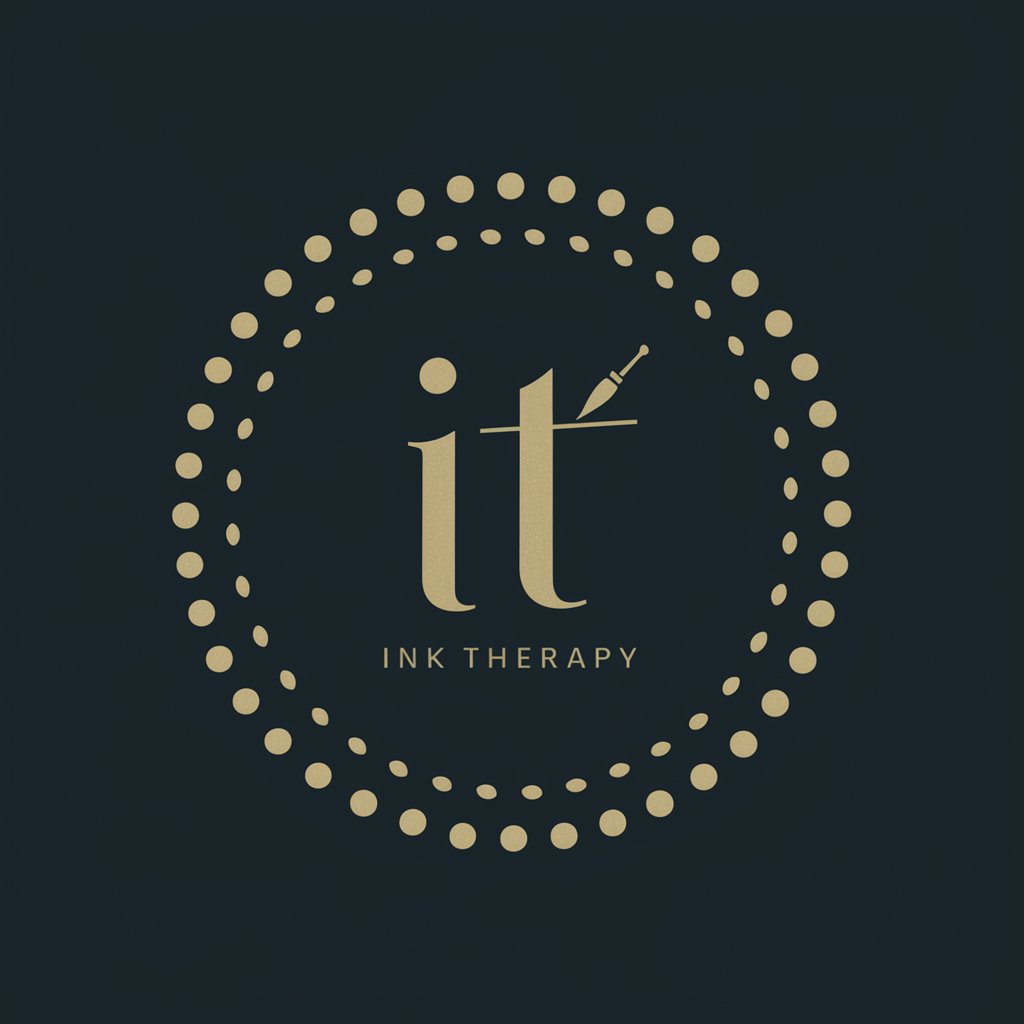
Secretary
Your AI-powered writing partner

Academic Secretary
Streamlining Academia with AI

Song Text Generator
Craft Your Song with AI
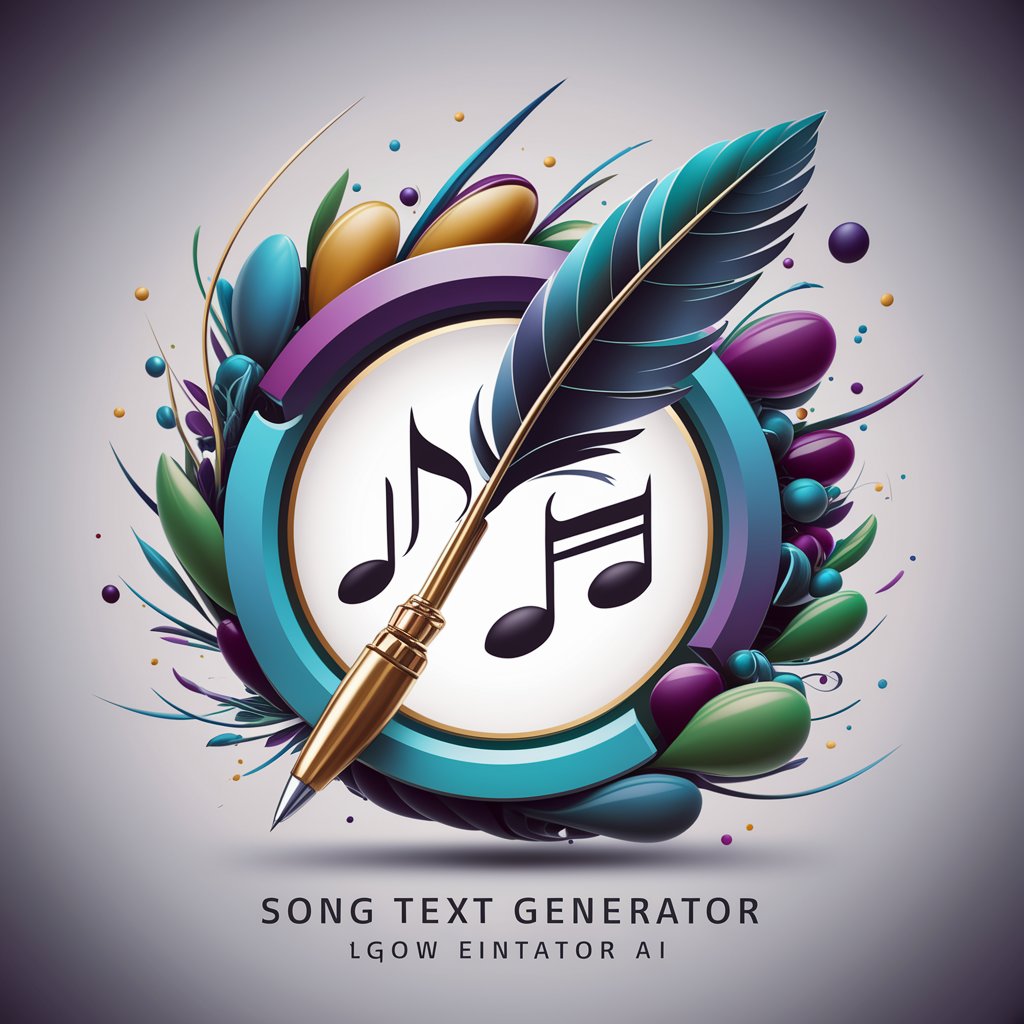
Better Therapy
Empowering your mental wellness journey

Speechy - Speech-Language Therapy
Empowering speech with AI innovation
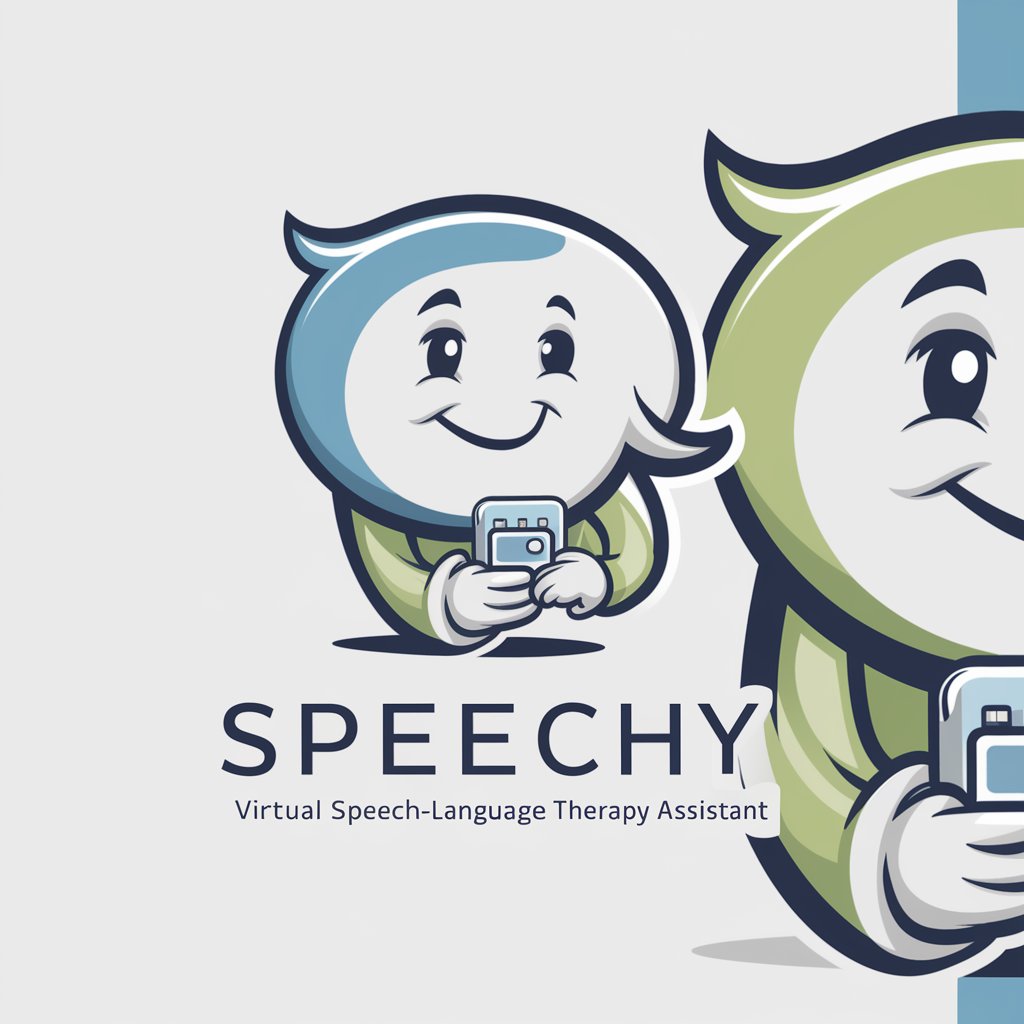
wordpress用
Empower Your Site with Conversational AI
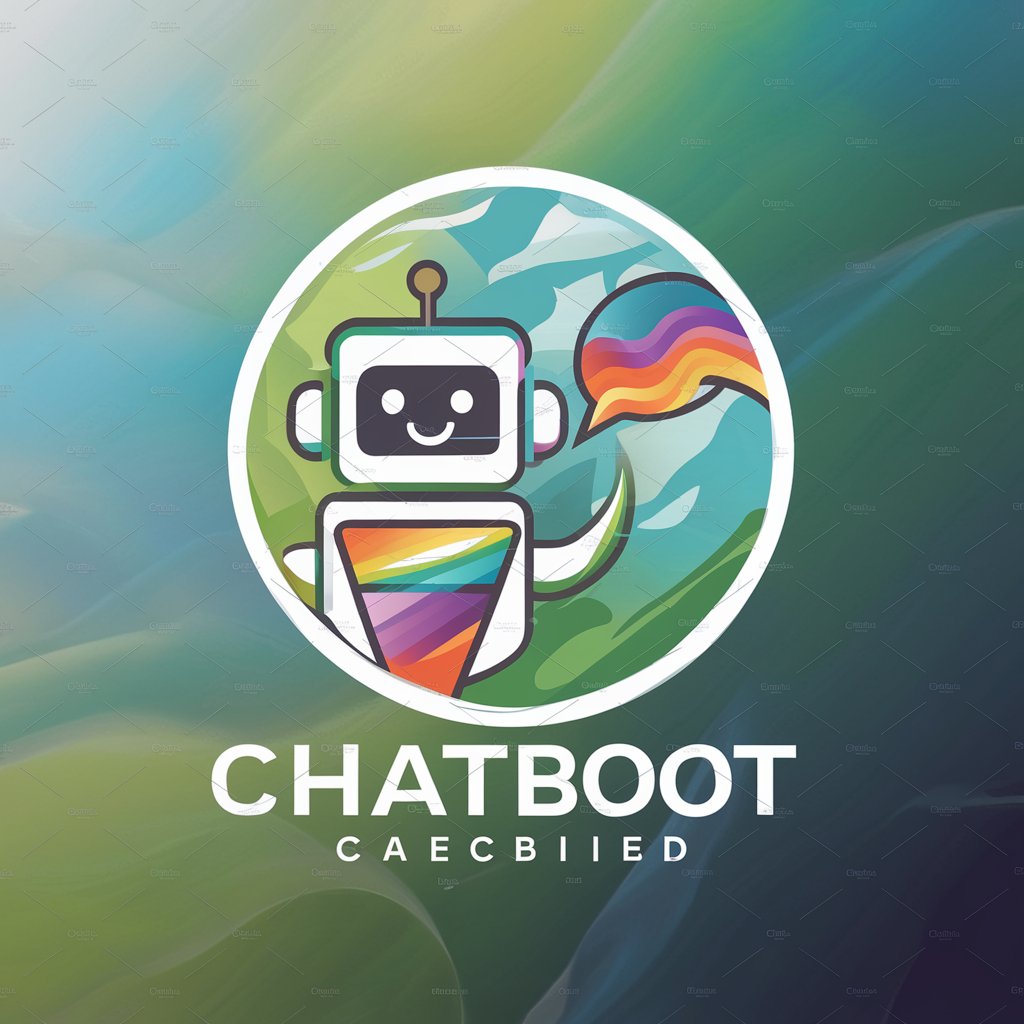
英语生活
Bridging Languages with AI

Meta Description and Alt Text Generator
Elevate Your SEO and Accessibility with AI
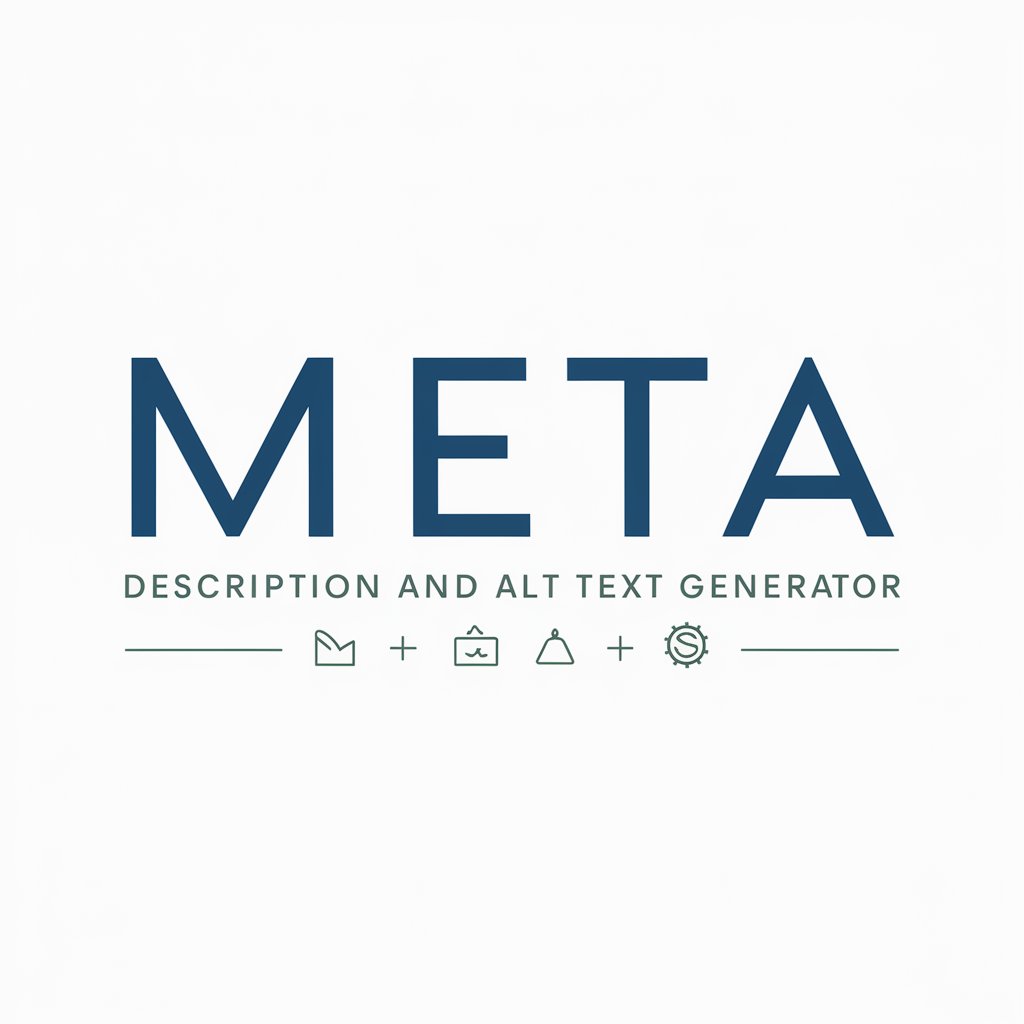
Oxford English: Grammar Checker, Text Generator
Empower Your Writing with AI

Frequently Asked Questions About Alzheimer's Therapy
What is Alzheimer's Therapy?
Alzheimer's Therapy is a specialized AI tool designed to assist individuals with Alzheimer's disease by engaging them in therapeutic storytelling, memory games, and supportive conversations to help maintain cognitive functions and emotional well-being.
How does Alzheimer's Therapy tailor interactions?
The tool adapts to the user's responses and can recall details from the ongoing conversation within the same session, thus tailoring its storytelling and questions to the user's historical and personal preferences, enhancing the personal connection.
Can Alzheimer's Therapy be used for group therapy?
Yes, Alzheimer's Therapy can facilitate group activities such as shared storytelling or group memory games, making it a versatile tool for both individual and community engagement in care homes or family settings.
Is there any research support for Alzheimer's Therapy's approach?
While Alzheimer's Therapy is based on general principles of engagement and cognitive stimulation known to be beneficial in Alzheimer’s care, users should consult healthcare professionals for a therapy plan that includes evidence-based approaches.
What are some tips for maximizing the benefits of using Alzheimer's Therapy?
For optimal results, integrate the tool into a regular care schedule, encourage open-ended conversations, and personalize the settings to match the user's cognitive abilities and interests. Regular usage can help maintain cognitive functions longer.